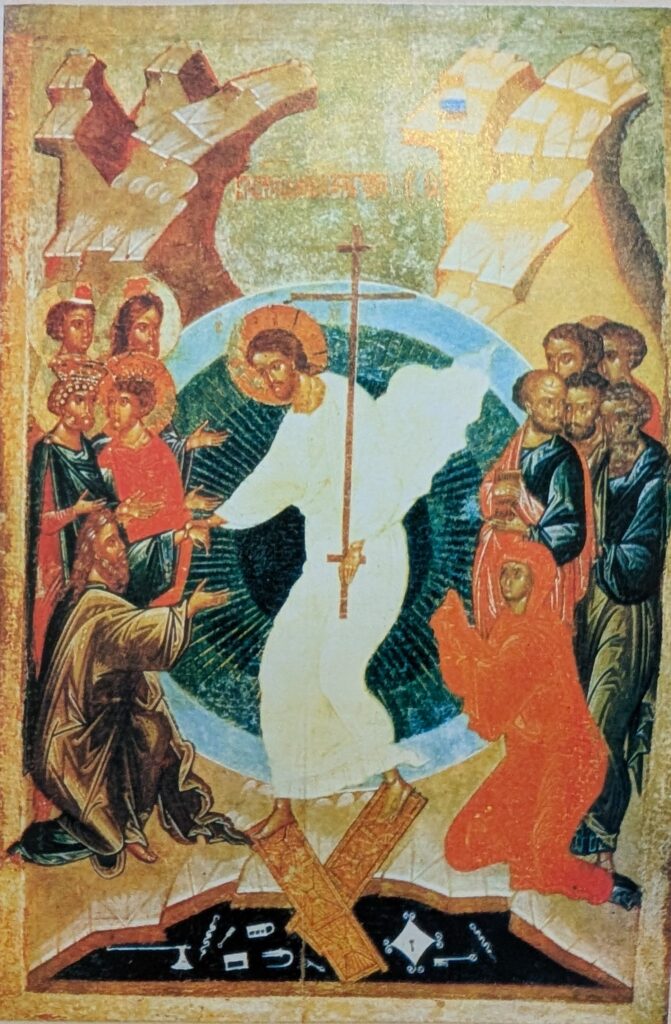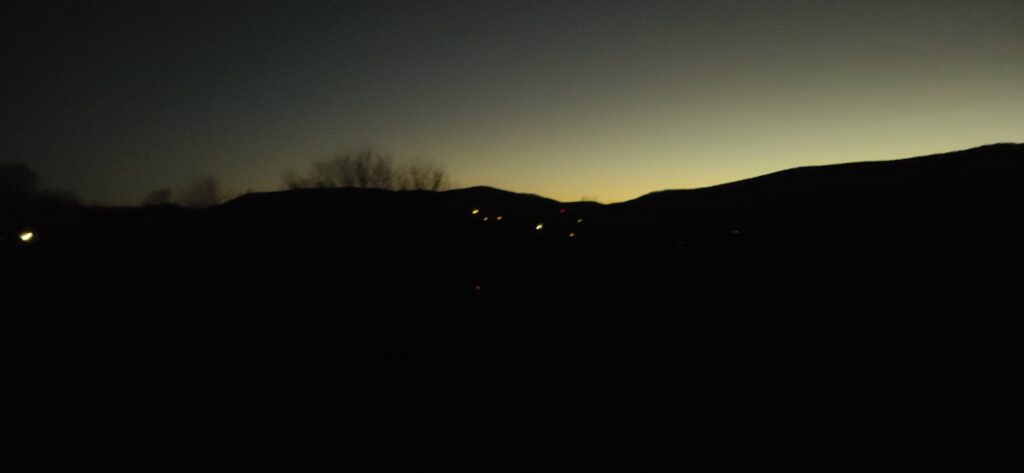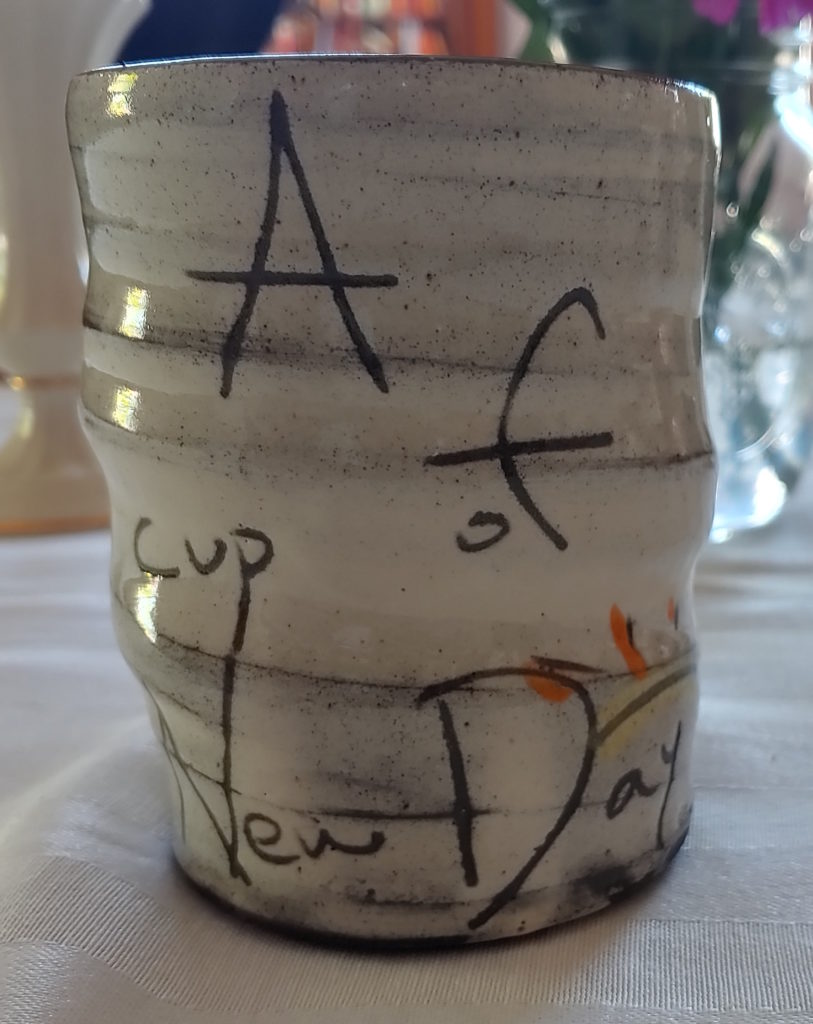As it is, there are many members, yet one body. The eye cannot say to the hand, “I have no need of you,” nor again the head to the feet, “I have no need of you.” On the contrary, the members of the body that seem to be weaker are indispensable, and those members of the body that we think less honorable we clothe with greater honor, and our less respectable members are treated with greater respect; whereas our more respectable members do not need this.
I Cor. 12:20-24a, NRSV
Paul continues his faith community/body metaphor in interesting specifics. We clothe the parts of bodies we find less respectable – a truth and the reason we wear pants. But I wonder if Paul had a double meaning in here.
Are the members of the community who are well clothed, who are considered important and widely respected – are they the weaker members? Are the well known and well heeled (literally) in need of this attention more than others who don’t get it? Are the unnoticed and under-appreciated who see to the wellbeing of the community the stronger ones?
It’s a cheeky take on Paul’s words, but is it accurate? What do you think?




